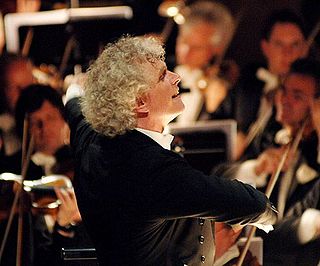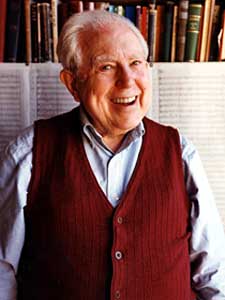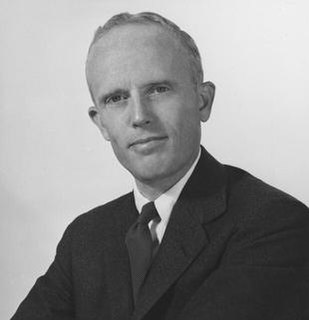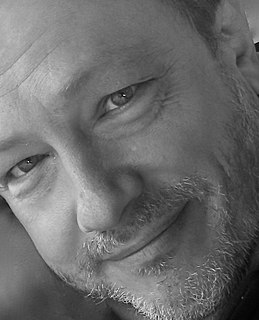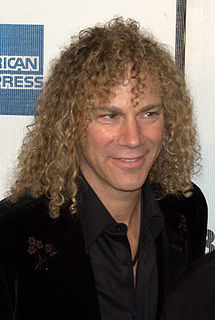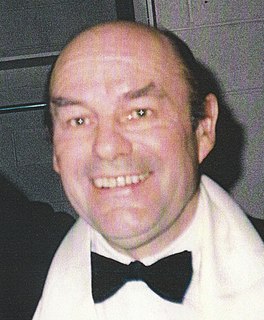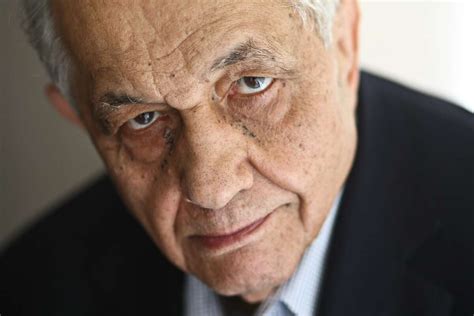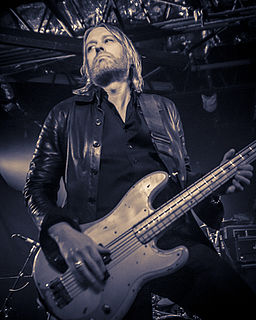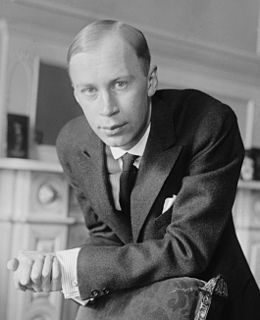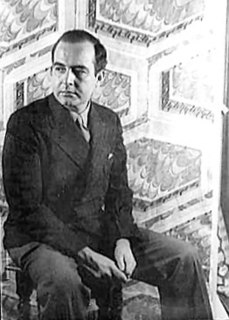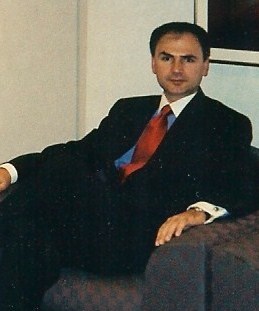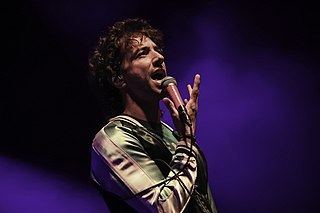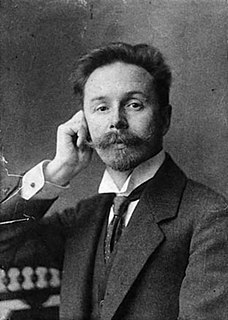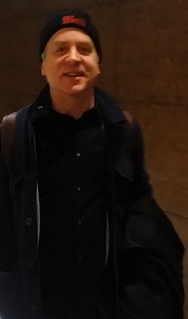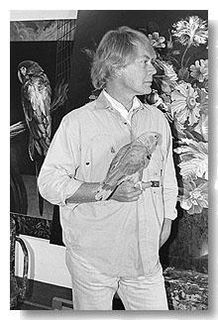Top 44 Sonata Quotes & Sayings
Explore popular Sonata quotes.
Last updated on April 14, 2025.
A strange adventure befell me while I was playing my Sonata in B flat minor before some English friends. I had played the Allegro and the Scherzo more or less correctly. I was about to attack the March when suddenly I saw arising from the body of my piano those cursed creatures which had appeared to me one lugubrious night at the Chartreuse. I had to leave for one instant to pull myself together after which I continued without saying anything.
Could Hamlet have been written by a committee, or the "Mona Lisa" painted by a club? Could the New Testament have been composed as a conference report? Creative ideas do not spring from groups. They spring from individuals. The divine spark leaps from the finger of God to the finger of Adam, whether it takes ultimate shape in a law of physics or a law of the land, a poem or a policy, a sonata or a mechanical computer.
Of true knowledge at any time, a good part is merely convenient, necessary indeed to the worker, but not to an understanding of his subject: One can judge a building without knowing where to buy the bricks; one can understand a violin sonata without knowing how to score for the instrument. The work may in fact be better understood without a knowledge of the details of its manufacture, of attention to these tends to distract from meaning and effect.
I consider the first 20 performances just learning the piece. Think about it this way: If you think about a pianist who plays a Schubert sonata through his whole lifetime - if you listen to Rubenstein or Horowitz playing their repertoire later in their life, you understand the richness with which they play that music, and how differently they must have played it when they were younger.
Learning great works like the Liszt Sonata or Beethoven's 'Hammerklavier' should be a struggle to a certain extent, where you need to labor intensely with your own brain and soul for the meaning of the work instead of cutting and pasting a bunch of stuff together from the Internet and - boom! - there you are with a performance ready to go.
Many Introverts are also "highly sensitive," which sounds poetic, but is actually a technical term in psychology. If you are a sensitive sort, then you're more apt than the average person to feel pleasantly overwhelmed by Beethoven's "Moonlight Sonata" or a well-turned phrase or an act of extraordinary kindness. You may be quicker than others to feel sickened by violence and ugliness, and you likely have a very strong conscience.
Particles of raw inspiration sleet through the universe all the time. Every once in a while one of them hits a receptive mind, which then invents DNA or the flute sonata form or a way of making light bulbs wear out in half the time. But most of them miss. Most people go through their lives without being hit by even one.
Music makes me forget my real situation. It transports me into a state which is not my own. Under the influence of music I really seem to feel what I do not feel, to understand what I do not understand, to have powers which I cannot have. Music seems to me to act like yawning or laughter; I have no desire to sleep, but I yawn when I see others yawn; with no reason to laugh, I laugh when I hear others laugh. And music transports me immediately into the condition of soul in which he who wrote the music found himself at that time. ~The Kreutzer Sonata
I am part of a light, and it is the music. The Light fills my six senses: I see it, hear, feel, smell, touch and think. Thinking of it means my sixth sense. Particles of Light are written note. A bolt of lightning can be an entire sonata. A thousand balls of lightening is a concert.. For this concert I have created a Ball Lightning, which can be heard on the icy peaks of the Himalayas.
When we have an experience -- hearing a particular sonata, making love with a particular person, watching the sun set from a particular window of a particular room -- on successive occasions, we quickly begin to adapt to it, and the experience yields less pleasure each time. Psychologists call this habituation, economists call it declining marginal utility, and the rest of us call it marriage
As you deal with thumb-crossings, or fingerings for the F-sharp-minor scale, or chromatic scales in double thirds, it is hard to accept that these will eventually allow you to probe eternity in the final movement of Beethoven's last sonata. Imagine that you are scrubbing the grout in your bathroom and are told that removing every last particle of mildew will somehow enable you to deliver the Gettysburg Address.
What I so like about Poussin and Cezanne is their sense of organization. Ilike the way in which they develop space and shape in architecturalcontinuity - the rhythm across their paintings. When I paint a landscape, Iget the greatest pleasure out of composing it. As I paint, I try to work outa visual sonata form or a fugue, with realistic images.
What are the characters that I discern most clearly in the so-called Anglo-Saxon type of man? I may answer at once that two stickout above all others. One is his curious and apparently incurable incompetence--his congenital inability to do any difficult thing easily and well, whether it be isolating a bacillus or writing a sonata. The other is his astounding susceptibility to fears and alarms--in short, his hereditary cowardice.... There is no record in history of any Anglo-Saxon nation entering upon any great war without allies.





